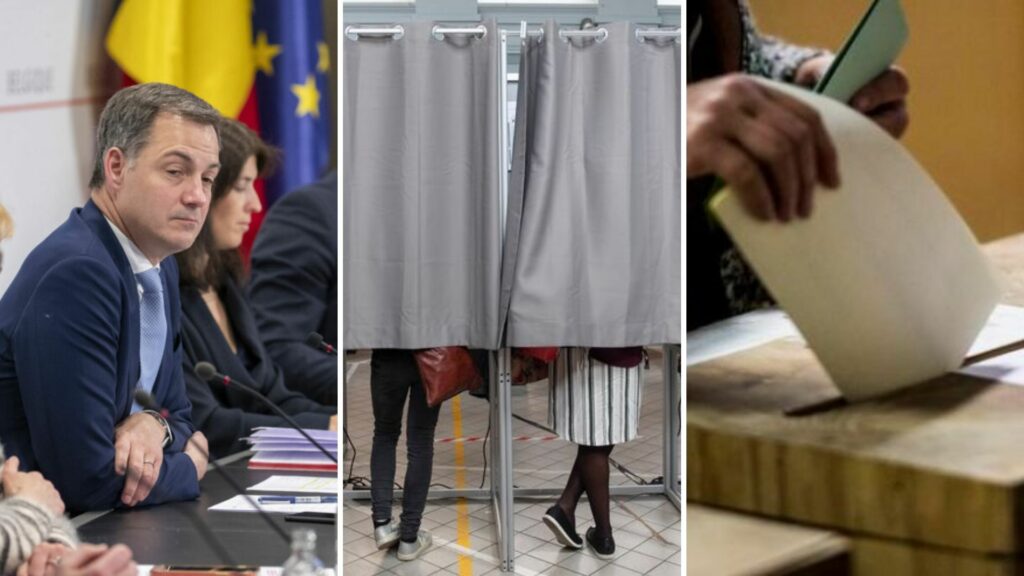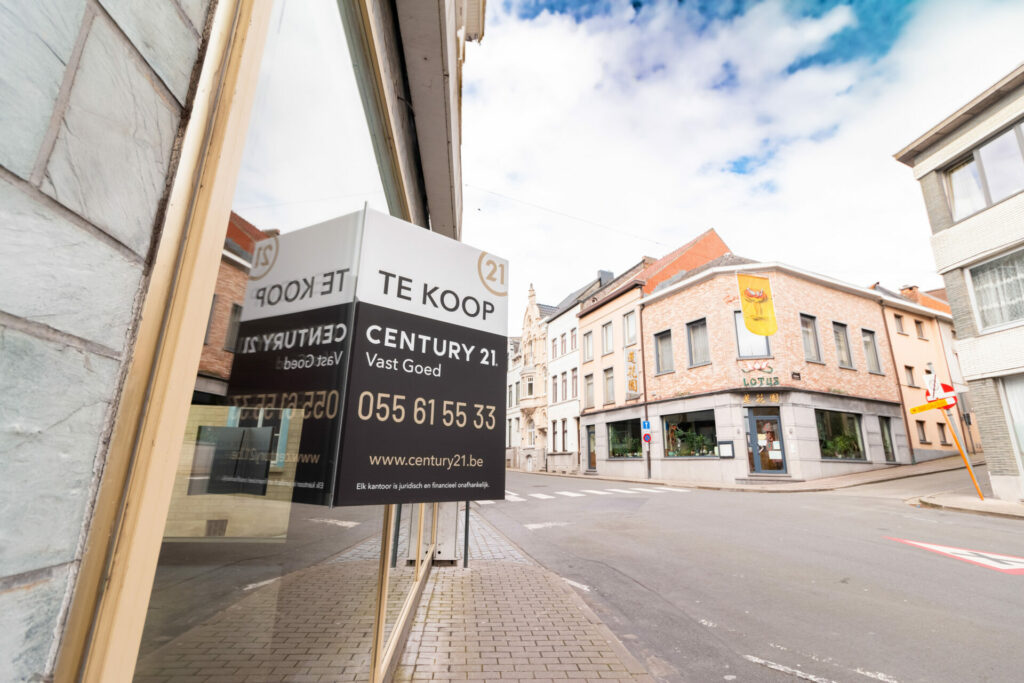As laid out yesterday, Belgium's financial prospects are in poor health and under rising pressure from the EU and major financial institutions, the issue will colour government thinking on almost all topics. But before a longer-term course of action is set, next year's national election will allow parties to suspend the breaking of bad news as they contend for control of Belgium's government.
Given the country's division into very distinct regions that tend to highlight their differences rather than common challenges, any hope of securing a majority in government at the federal level would need to be reined in. Simply forming a government at all is an infamously protracted process – at least under the current system, though the party of current PM Alexander De Croo is calling for a change in order to avoid a rerun of previous stalemates.
Nonetheless, election excitement has been simmering and could now have a defined line to race to, with ballots likely cast on 9 June 2024. Much will still happen on the domestic and international stage before then and the process in Belgium doesn't have quite the hype as seen elsewhere. But many candidates have already set out their stall and are quite obviously appealing for public approval.
Central to securing popular support is framing the debate before it even starts. There are many ways to portray the state of national affairs but election campaigns seek to approach the various demands from a single point, an overarching mission that will direct all policies. If this unifying lens is not to be fixing the economy, it couldn't really be anything else except putting climate targets to the fore of national strategy.
The only problem is that these topics are complex (beyond the grasp of many politicians even) and lack the entertainment factor of more frivolous talking points. In fact, few matters have the emotional pull that cultural clashes have lately as politicians repeatedly rise in a spirit of hyperbolic furore over issues that pale in importance when put beside the housing shortage, farming pollution, losing energy sovereignty, the migrant crisis, drug smuggling... I could go on.
As said earlier this week, digging into "culture wars" is an international pastime that has come to dominate current affairs, and Belgium is no exception as certain officials would have us thinking that the world's wrongs are all down to gender pronouns and nut milk (that actually is not milk because it has not been extracted from an animal). It's still going on, with members of Flanders' ruling N-VA party overstating non-issues that don't concern them anyway.
What's next? Let @Orlando_tbt know.
Belgium in Brief is a free daily roundup of the top stories to get you through your coffee break conversations. To receive it straight to your inbox every day, sign up below:
1. 'Woke madness': Flanders dismisses Dutch guide for inclusive language in class
The Netherlands has released a guide to encourage Dutch teachers to use more inclusive language in the classroom. While pupils' organisations in Flanders are welcoming the initiative, Flemish Education Minister Ben Weyts dismissed it as "woke madness." Read more.
2. Belgian property market cools as mortgage rates rise
After a spike during the first two years of the pandemic, the property market is further cooling as mortgage rates rise rapidly, but the downturn is limited compared to other countries. Read more.
3. What to do in Brussels this weekend: 14 April - 16 April
While this weekend's weather forecast says the clouds and rain may remain with us for a few days more, that does not mean that you can't still enjoy a weekend rich with experiences – and Brussels is just the city to do so. From a digital art exhibition to a film festival, dancing and medieval festivities, there is something to look forward to for everyone this weekend. Read more.
4. 'A miracle': Religion teacher ordered to leave Belgium able to stay
David Mbombo, the religious studies teacher at the Cardinal Mercier College in the municipality of Braine-l'Alleud in Walloon Brabant, can remain in Belgium after being told in March that he had to leave the country. His situation highlights a prevalent issue in Belgium. Read more.
5. Brussels Metro lines 2 and 6 running again after fatal accident
Metros in Brussels are once again running like normal on lines 2 and 6. On Friday morning, services were disrupted for almost six hours after a fatal accident occurred between the Elisabeth and Arts-Loi stops. Read more.
6. Belgium's elections likely to be held on 9 June 2024
As the date for Belgium's federal elections is based on that of the European elections, Belgians will likely have to cast their votes on 9 June next year – unless another date is agreed on by the 27 EU Member States, but that does not seem likely. Read more.
7. 1,500 Brussels residents wait months for unemployment benefits
Some 1,500 Brussels residents who applied for unemployment benefits through the Christian trade union ACV have still not received them after several months. Read more.


